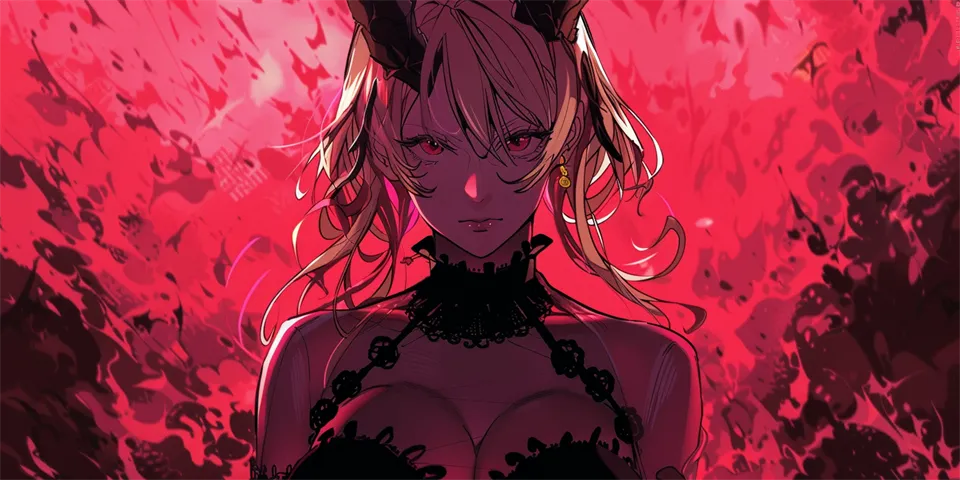Fanfiction, a literary genre that has attracted a growing following in recent years, has exploded onto the global stage with platforms like Fanfiction.net and Archive Of Our Own (AO3). These platforms promote the idea of transformative works; a fan's creativity expressing their love and passion for the original content. The question often arises however: Can a fan be sued for his or her fanfiction?
Understanding Fanfiction
Fanfiction is a creative outlet for fans to expand or re-interpret original works. This derivative work alters the existing narrative through character transformations, changing the plot, or introducing new settings. This literature genre helps fans to connect and engage with the stories and characters that they love.

Platforms like Fanfiction.net and Archive Of Our Own (AO3) are venues where this creativity is mediately expressed. Fanfiction.net is one of the largest and most diverse fan fiction sites in the world with over 2 million users. On the other hand, AO3 provides a non-profit platform that allows for a more open and inclusive environment for fans to share their works. Both platforms harbour a vast array of genres and allow for connections to be established within the fan communities.
The Legal Framework of Fanfiction
Fanfiction is considered a derivative work, subject to copyright laws which vary by country. The rights to derivative works belong to the copyright owner of the original material meaning fanfiction can potentially be deemed copyright infringement.
However, many countries recognise exceptions to copyright such as the doctrine of fair use in the US. Fair use allows for the use of copyrighted materials for certain limited, 'transformative' purposes, which can cover fanfiction. Thus, although fanfiction dwells in a legal grey area, it often manages to avoid copyright infringement.
Legal Cases Involving Fanfiction
There haven't been many cases where fans have been sued for their fanfiction, mostly because companies and authors usually tolerate fan-works for their promotional value. However, occasionally corporations have issued cease and desist letters to fans, putting an end to their fanfiction without going to court.
Notably, author Anne Rice issued a public statement in 2000 requesting that no fan-works based on her 'The Vampire Chronicles' series be created. Subsequently, Paramount Pictures sent cease and desist letters to fans creating 'Star Trek' fan-fiction in the 1990s.
Nonetheless, these actions haven't led to actual lawsuits against fans. Instead, they demonstrate a clear message about respecting creators' rights and copyright laws without resorting to legal action.
Protection through Fair Use and Transformative Works
A key defense for fanfiction authors is the legal doctrine of fair use, which allows for the non-profit use of copyrighted material for transformative purposes such as commentary, criticism or parody. This often invites a subjective judgement of how 'transformative' a fan-work truly is.
Another form of protection comes from the Organisation for Transformative Works (OTW). Established by fans for fans, the OTW advocates for the legality and importance of fan-works, providing a haven for fans to share their creations without fear of legal repercussions. Platforms such as Fanfiction.net and AO3, sanctioned by OTW, operate under these fair use principles, providing a safe and legitimised environment for fan-works.
Limited action against Fanfiction
Despite the potentially shaky legality of fanfiction, many copyright holders tolerate fan-works. Recognising their massive promotional potential and acknowledging the dedication of their fans, creators often choose not to undertake legal action. Taking such a step could alienate their fanbases and damage their reputation, outweighing any potential benefits from lawsuits.
Conclusion
Fanfiction walks a delicate line between creativity and infringement. While there are exceptions reality is that the likelihood of a fan being sued for their fanfiction remains incredibly low. Recognising fan-works as a powerful promotional tool that celebrates and augments the original work, creators have chosen to embrace this expression of passion and fandom. With the correct understanding and respectful approach, fanfiction can continue to be used as an avenue for fans across the globe to express their love and appreciation for their favorite works.
Frequently Asked Questions
Q: Can you be sued for fanfiction?
A: While copyright legislation can technically facilitate lawsuits against fanfiction, in reality, this almost never occurs due to the promotional value that fanfiction provides for the original creators.
Q: Is fanfiction legal?
A: Yes. Although fanfiction creates derivative works, it often does so under the fair use principle, which allows transformative usage of copyrighted content. Fair use can provide fan fiction with a legal safety umbrella, although it isn't a guaranteed protection.
Q: Are there any cases where fans have been sued for fanfiction?
A: There are very few cases of fans being sued for fanfiction. Usually, cease and desist letters have been sent to fans with perceived infringement, though such incidents have not led to actual lawsuits.
References
1. "The Legal Battle That Could Determine the Future of Fan Fiction and Remix Culture." WIRED. 2013.
2. "When Creators, Fans Clash Over What Constitutes Canon." The Atlantic. 2017.
3. "Fan Fiction Comes Into Its Own." The Guardian. 2019.
Need someone to talk to about that bizarre dream you had where you were a superhero with a squishy donut for a sidekick? Wemate AI is here to validate it!






